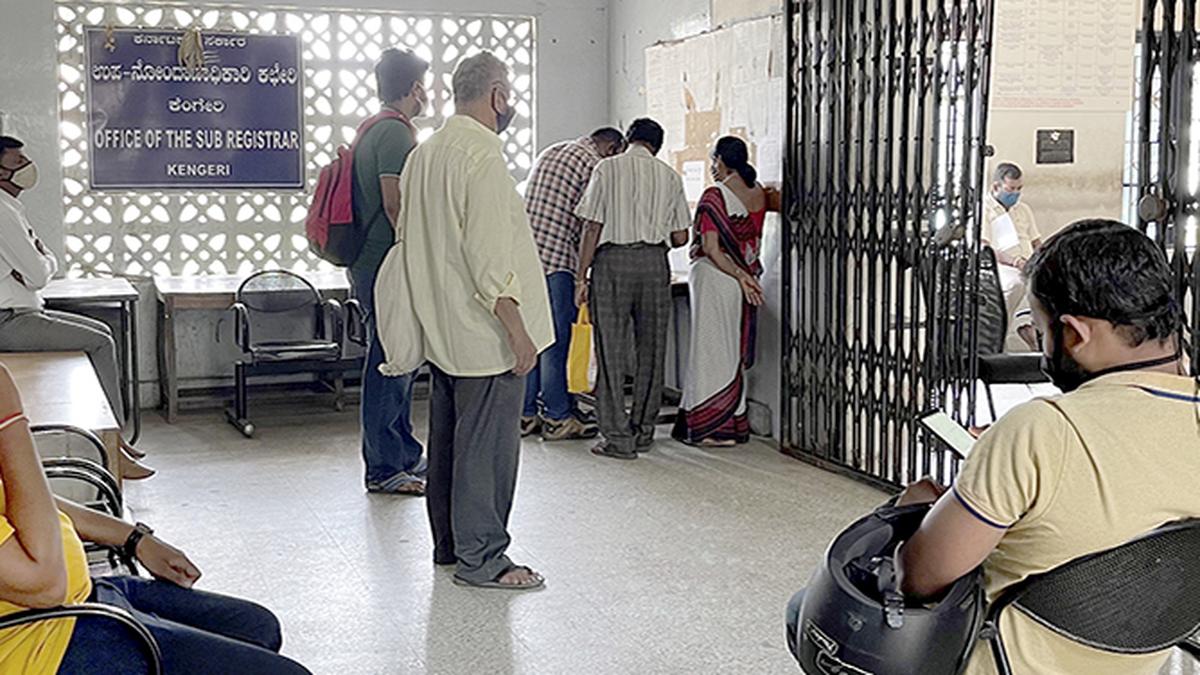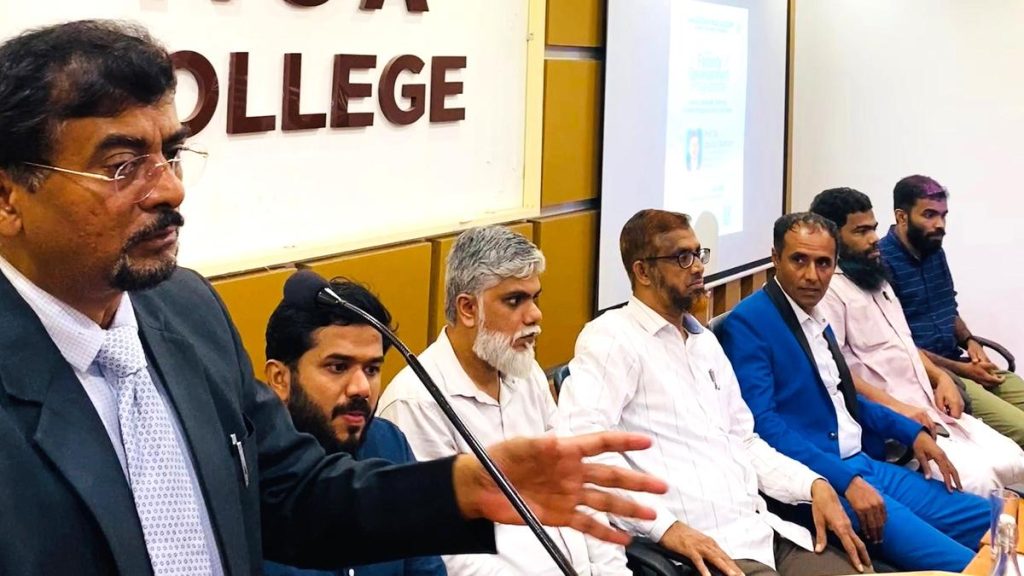Now Reading: Why Revise Guidance Value Now?
-
01
Why Revise Guidance Value Now?
Why Revise Guidance Value Now?

Quick Summary
- Revenue collection from Karnataka’s Stamps and Registration Department for the first fiscal quarter of 2025 has dropped to ₹6,601.99 crore, about 4% lower than the same period last year (₹6,861.92 crore).
- The revenue fell short of this year’s target of ₹8,730 crore by over ₹2,100 crore.
- A decrease in property registrations was noted; 7.19 lakh documents were registered this year compared to 7.23 lakh last year (a reduction of about 4,500 documents).
- Key contributing factors:
– Policy changes requiring e-khata for property registration.
– Non-issuance of B khatas in Bengaluru Rural areas affecting registrations in 83 villages.
– Stricter approval processes involving the Bruhat Bengaluru Mahanagara Palike (BBMP) and Bangalore Advancement Authority (BDA).- Reduction in registration of illegal layouts due to policy enforcement.
Indian Opinion Analysis
The decline in revenue from Karnataka’s Stamps and Registration Department raises meaningful questions about balancing administrative rigor with financial targets. While steps like mandating e-khata aim to enhance openness and enforce urban planning regulations efficiently, they seem to have temporarily disrupted property transactions.
This slowdown suggests a need for fine-tuning the new policies-maintaining regulatory compliance without impeding genuine transactions unnecessarily. from a governance outlook, such measures could benefit long-term urban development but may require streamlining procedural bottlenecks at agencies like BBMP and BDA.
Lastly, failure to hit revenue targets can strain state budgets reliant on taxation; addressing these challenges is crucial for maintaining fiscal health while fostering economic activity in real estate.























